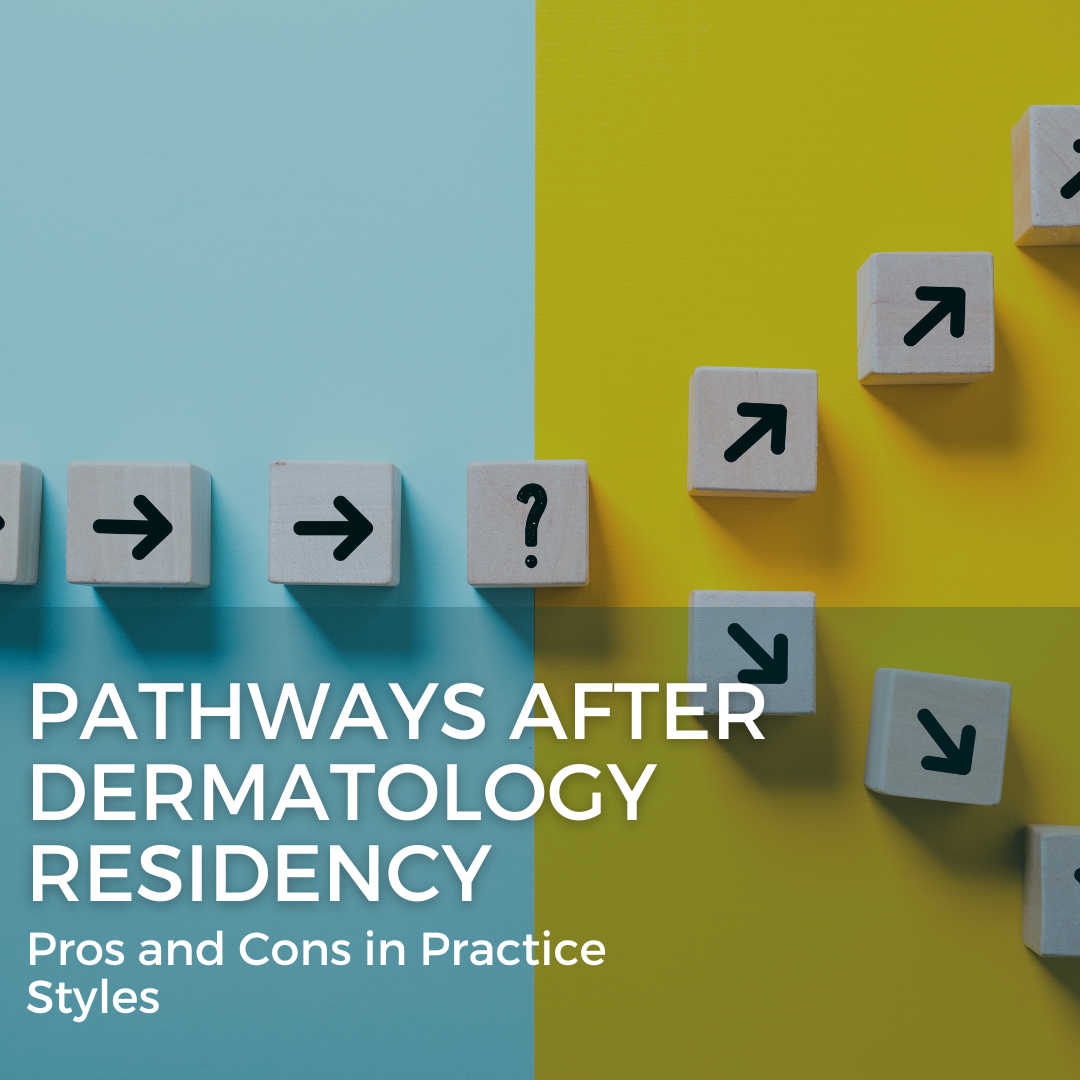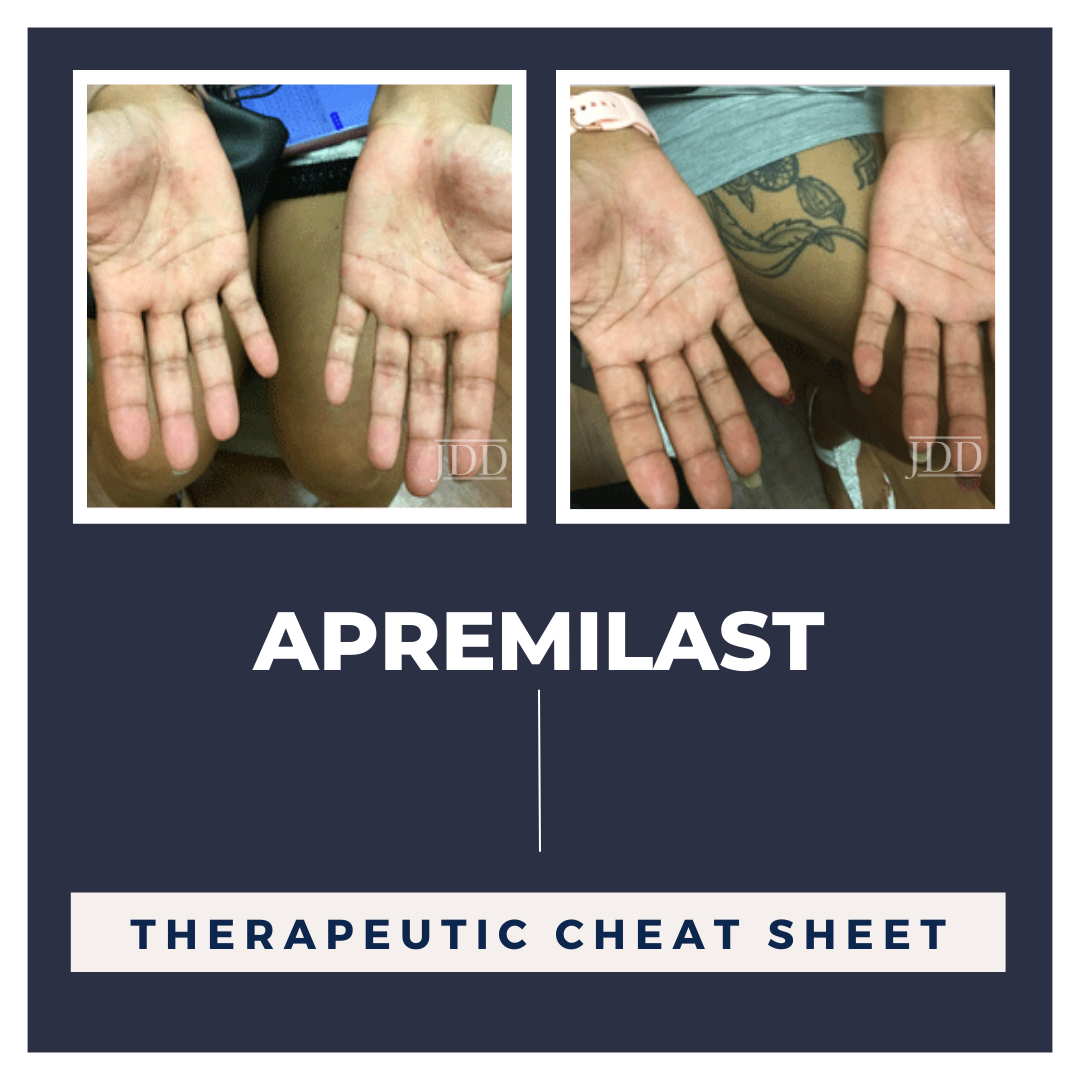Navigating the Complexities of Alopecia: Insights from Dr. Adam Friedman
 Dr. Adam Friedman's lecture at 2024 ODAC conference provided invaluable insights into the nuanced approach required when dealing with patients presenting with alopecia. Addressing the diverse array of alopecia types and their myriad presentations, Dr. Friedman emphasized the significance of a comprehensive clinical history and evaluation to formulate an effective treatment plan. By employing a cas …
Dr. Adam Friedman's lecture at 2024 ODAC conference provided invaluable insights into the nuanced approach required when dealing with patients presenting with alopecia. Addressing the diverse array of alopecia types and their myriad presentations, Dr. Friedman emphasized the significance of a comprehensive clinical history and evaluation to formulate an effective treatment plan. By employing a cas …
 Dr. Adam Friedman's lecture at 2024 ODAC conference provided invaluable insights into the nuanced approach required when dealing with patients presenting with alopecia. Addressing the diverse array of alopecia types and their myriad presentations, Dr. Friedman emphasized the significance of a comprehensive clinical history and evaluation to formulate an effective treatment plan. By employing a cas …
Dr. Adam Friedman's lecture at 2024 ODAC conference provided invaluable insights into the nuanced approach required when dealing with patients presenting with alopecia. Addressing the diverse array of alopecia types and their myriad presentations, Dr. Friedman emphasized the significance of a comprehensive clinical history and evaluation to formulate an effective treatment plan. By employing a cas … Continue reading "Navigating the Complexities of Alopecia: Insights from Dr. Adam Friedman"


 The path to becoming a dermatologist is challenging—from years of school, residency, research to ultimately creating a career. But post-residency paralysis could prevent you from knowing what to do with your career. Instead, hear from our experts at ODAC 2023 on general advice for your next steps following residency and more specific pathways, including:
Academic Dermatology
Fellow …
The path to becoming a dermatologist is challenging—from years of school, residency, research to ultimately creating a career. But post-residency paralysis could prevent you from knowing what to do with your career. Instead, hear from our experts at ODAC 2023 on general advice for your next steps following residency and more specific pathways, including:
Academic Dermatology
Fellow …  Apremilast (OTEZLA®) is a twice daily oral medication that is FDA approved for adults with plaque psoriasis, psoriatic arthritis and oral ulcers associated with Behçet’s Disease.1 This drug is being extended as an off-label treatment to target inflammation in a number of different conditions. This Therapeutic Cheat Sheet will focus on apremilast and its applications for different dermatologica …
Apremilast (OTEZLA®) is a twice daily oral medication that is FDA approved for adults with plaque psoriasis, psoriatic arthritis and oral ulcers associated with Behçet’s Disease.1 This drug is being extended as an off-label treatment to target inflammation in a number of different conditions. This Therapeutic Cheat Sheet will focus on apremilast and its applications for different dermatologica …  Next Steps in Derm and the Journal of Drugs in Dermatology, in partnership with the Dermatology Education Foundation (DEF) and Physicians Resources, interviewed Dr. Adam Friedman, professor and chair of dermatology at GW School of Medicine and Health Sciences, on life lessons from his residency and career. Dr. Friedman provides his tips for remaining calm during the craziest of office visits. …
Next Steps in Derm and the Journal of Drugs in Dermatology, in partnership with the Dermatology Education Foundation (DEF) and Physicians Resources, interviewed Dr. Adam Friedman, professor and chair of dermatology at GW School of Medicine and Health Sciences, on life lessons from his residency and career. Dr. Friedman provides his tips for remaining calm during the craziest of office visits. …  Next Steps in Derm, in partnership with ODAC Dermatology, Aesthetic and Surgical Conference, interviewed Dr. Adam Friedman (Professor and Chair of Dermatology who serves as Residency Program Director, Director of Translational Research, and Director of the Supportive Oncodermatology Program in the GW Department of Dermatology) about why a "mean" approach is most effective when treating warts. Watc …
Next Steps in Derm, in partnership with ODAC Dermatology, Aesthetic and Surgical Conference, interviewed Dr. Adam Friedman (Professor and Chair of Dermatology who serves as Residency Program Director, Director of Translational Research, and Director of the Supportive Oncodermatology Program in the GW Department of Dermatology) about why a "mean" approach is most effective when treating warts. Watc …